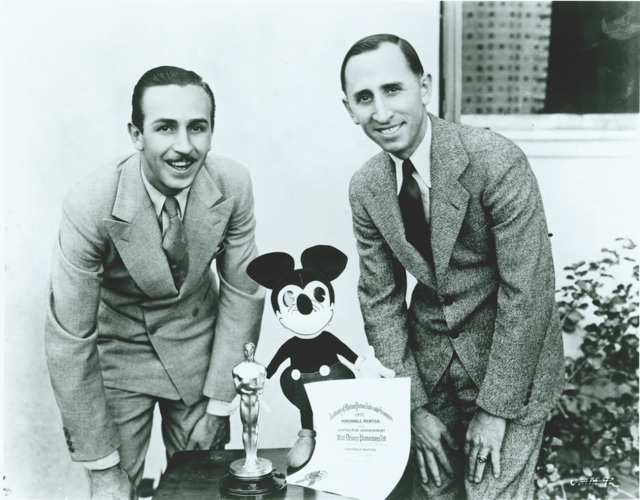
I have kept a list of business ideas for 52 years, since I was 12, and today it numbers over 300. Since I will never get around to all of them, I wish someone would do them! Some of my ideas sit on the list for 20 years before anyone else jumps on the opportunity, and most are still undone. Here is one of my favorite ideas, in its raw unpolished form. I think it would help our economy and society.
The Need
The global economy is 65-70% services, far larger than manufacturing or agriculture. This number is highest in the rich countries and continues to grow. Since service work often requires more people per dollar of revenue or economic activity, this means an even larger share of the workers of the world are service workers. Service companies like McDonald’s, Wal-mart, Hilton, and UPS are among the largest employers. Healthcare, transportation, sports, entertainment, government, and education are all big, growing service industries, critically important to the future.
These abundant service workers are the great unsung heroes of the modern economy. From bank teller to flight attendant, from haircutter to nurse, from hotel housekeeper to FedEx driver, many of these folks get little recognition. Even the best often go un-noticed.
We know highly visible incentives can work. When the great Gordon Bethune took the controls at twice-bankrupt Continental Airlines, they had among the highest worker absence rates in the airline industry, and one of the worst on-time performances. As revealed in his book From Worst to First, by putting the names of those who showed up on time every day into a hat and then randomly drawing a name then giving away a car each month, he fixed the absence issue. By putting an extra small check in everyone’s pay envelope each month the company neared the top of the on-time list, he fixed that issue. It was a matter of awareness and aspirational leadership.
Attracting and keeping the most talented people is a huge challenge for the service industry, and the top service companies want to reward the best in creative ways. With the rapidly rising costs of many benefits, such as health insurance, it is hard to find affordable ways to reward the best. With a tightening labor market and shrinking number of working age people in the US, this will become an even greater challenge in coming years.
The Idea and Possible Business Model
Create a program of national service worker awards, given by customers, with meaningful rewards. There are, as always, a million ways to skin this cat. Here is one possibility.
Tie in to one or all credit card companies or banks. Each of their cardholders every month receives five digital gold stars in their smartphone app. Perhaps bigger spenders get more. Any time that cardholder receives outstanding service, they can give one or more stars to the person serving them.
At the same time, service employers can sign up so that their employees participate in the system. The more employees, the lower the cost per employee. Individual employees can also sign up on their own. Service workers “in the system” would get a higher benefit than those “out of the system.” It would behoove service employers to pay to enroll their employees, who might then wear a lapel pin identifying them as a program participant.
Say a major service industry pays $5 per month per employee into the system. Our newly created business, providing the app and managing the system, takes out $1 for expenses and return on capital (profit). The other $4 goes into the reward pool.
For example, as of May 2014, the US Bureau of Labor Statistics says there were 18,400 waiters and waitresses, 24,650 fast food and other food service workers, 2,950 dining room and cafeteria attendants, 3,400 hosts and hostesses, and 4,370 bartenders in the Austin metropolitan area. A total of 53,770. So if you (say) had half of those people signed up, the $4 reward pool would be $215,080 per month and $2,580,960 per year.
Working from this basis, each month the most awarded service worker would receive a new car worth $50,000, and there would be 1000 smaller prizes averaging $100. The top service worker of the year would receive $100,000 cash, and there would be 1000 smaller prizes averaging over $500 each. Or any other set of numbers that matches the amounts in the pool. People who were paying members or paid for by their employers would get substantially higher rewards than “out of system” people who would be “free riders.” The reward pools could also be organized by company, industry, geography, or company.
It would be great if some entrepreneur would bring this type of thinking to our service economy as a whole. I realize there would be plenty of execution challenges, such as people gaming the system, but those types of issues are dealt with daily by the leading online companies and ratings services. In this age of Uber and quick information and feedback, in the right hands this concept could have a major impact on our lives and those of service workers. It would also be great for their employers, who would earn publicity for having the most-rewarded employees and know more about who is the best.
Please let me know what you think by commenting on LinkedIn
Gary Hoover
If you would like to subscribe to the twice-monthly newsletter and get articles like these right in your inbox, click here.













